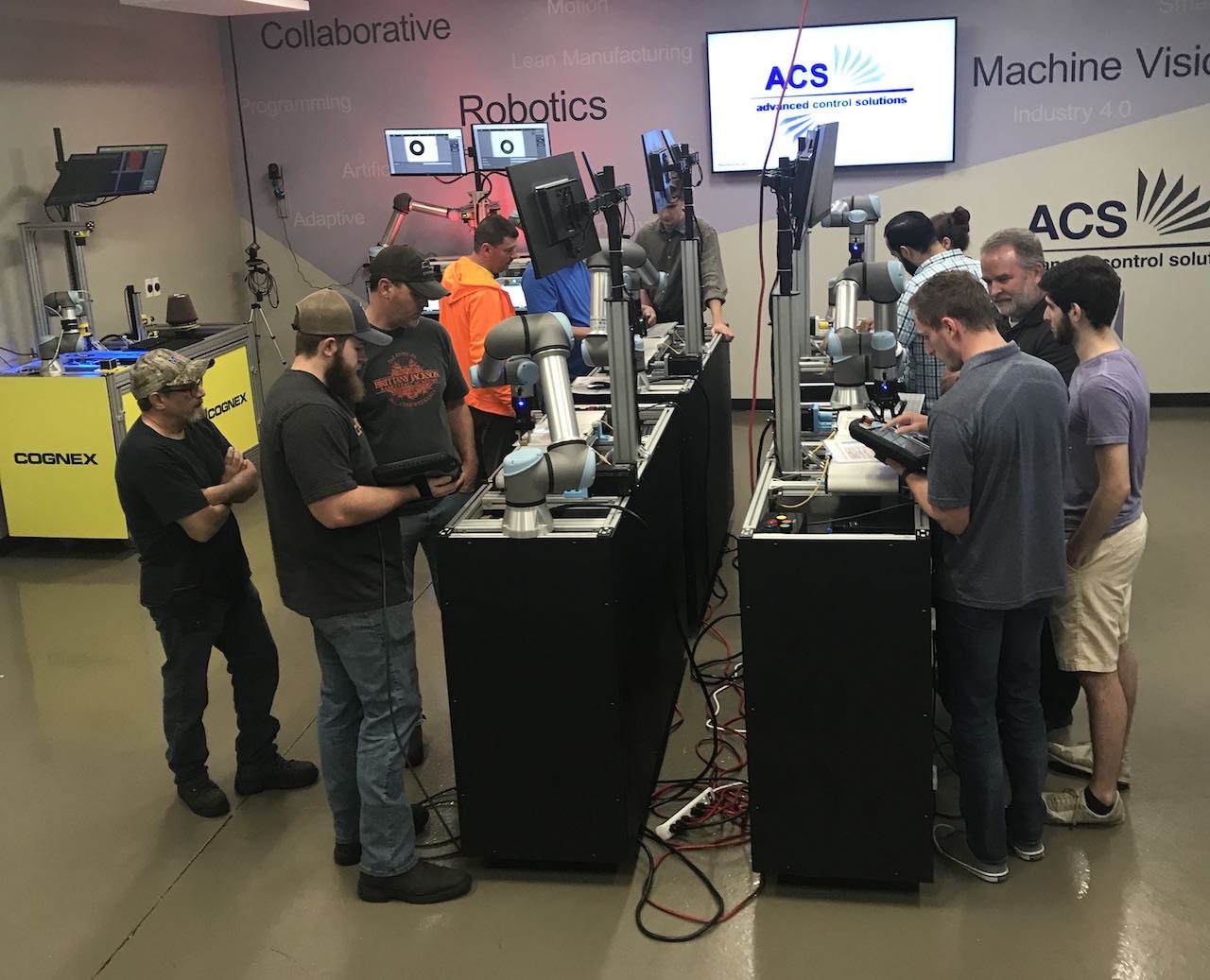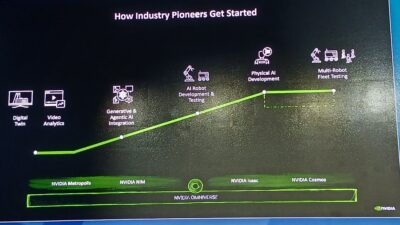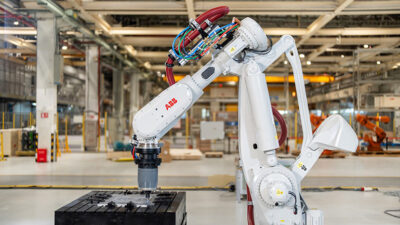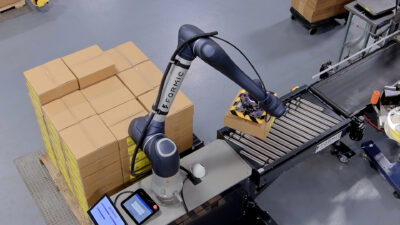Universal Robots is opening authorized training centers (ATCs) to broaden users’ understanding of the collaborative robots' potential applications as well as cover a range of core and advanced collaborative robot programming skills.

Universal Robots is opening authorized training centers (ATCs) to broaden users’ understanding of the collaborative robots’ potential applications while providing opportunities for hands-on practice in real-life applications. Worldwide, UR is planning 50 fully authorized ATCs; 13 of which will be in North America. Universal Robots certified trainers will conduct training modules that cover a range of core and advanced collaborative robot programming skills, including collaborative robot scripting, industrial communication, and interface usage. Small class sizes with student-centered objectives and hands-on practice with robots ensure that participants come away with valuable skills they can apply immediately in their workplace.
Regional sales director of Universal Robots’ Americas division, Stuart Shepherd, sees the ATC launch as an answer to sales partners’ request for more tangible ways in which to offer support and training in a setting that allows customers to come and experience the collaborative robots. “Now, current and potential customers can get in-person training, customizing their specific applications and needs,” noted Shepherd.
The ATC program modules include:
- Core: For any user of a collaborative robot who has completed the online modules. Covers safety set-up, basic applications and flexible redeployment.
- Advanced: For collaborative robot users, technical sales people, and integrators with a practical need to optimize applications or find new ways of deploying collaborative robots. Covers scripting, advanced uses of force control and TCP, conveyor tracking and performance review.
- Industrial communication: For users and developers who need to integrate collaborative robots with third-party devices. It covers Modbus TCP, FTP server, dashboard server, socket communication, Ethernet/IP and Profinet.
- Interfaces: For users and developers who need in-depth knowledge on how to interface with collaborative robots using script interfaces. It covers scripting, socket communication, client interfaces (port 30001-30003), real-time data exchange and XML/RPC.
- Service & troubleshooting: For users, technicians, and engineers wanting/needing a better understanding of the mechanical hardware used by collaborative robots, how to diagnose issues and resolve them. Covers the configuration of the collaborative robot arm, controller, and safety system as well as preventative maintenance, system troubleshooting, and replacement of parts.
Universal Robots
– Edited from a Universal Robots press release by CFE Media. See more Control Engineering robotics stories.



